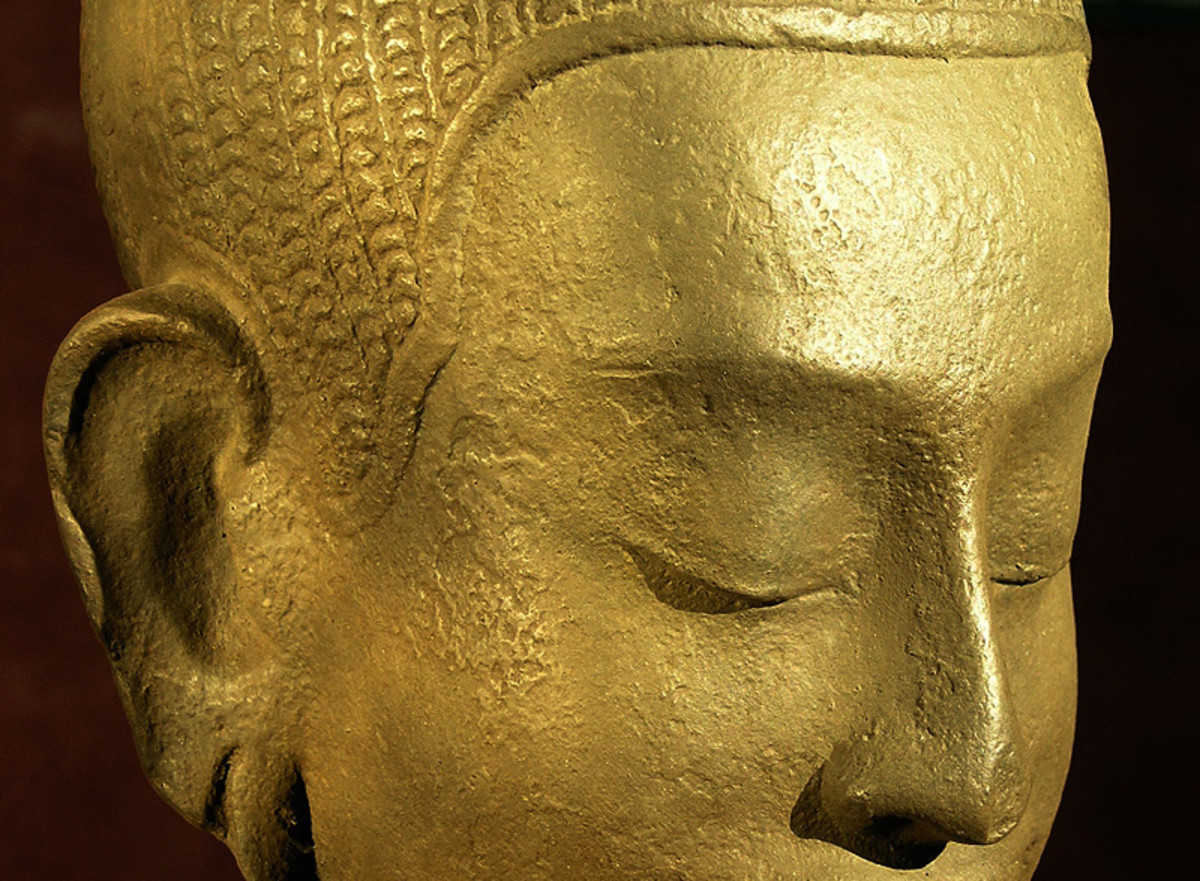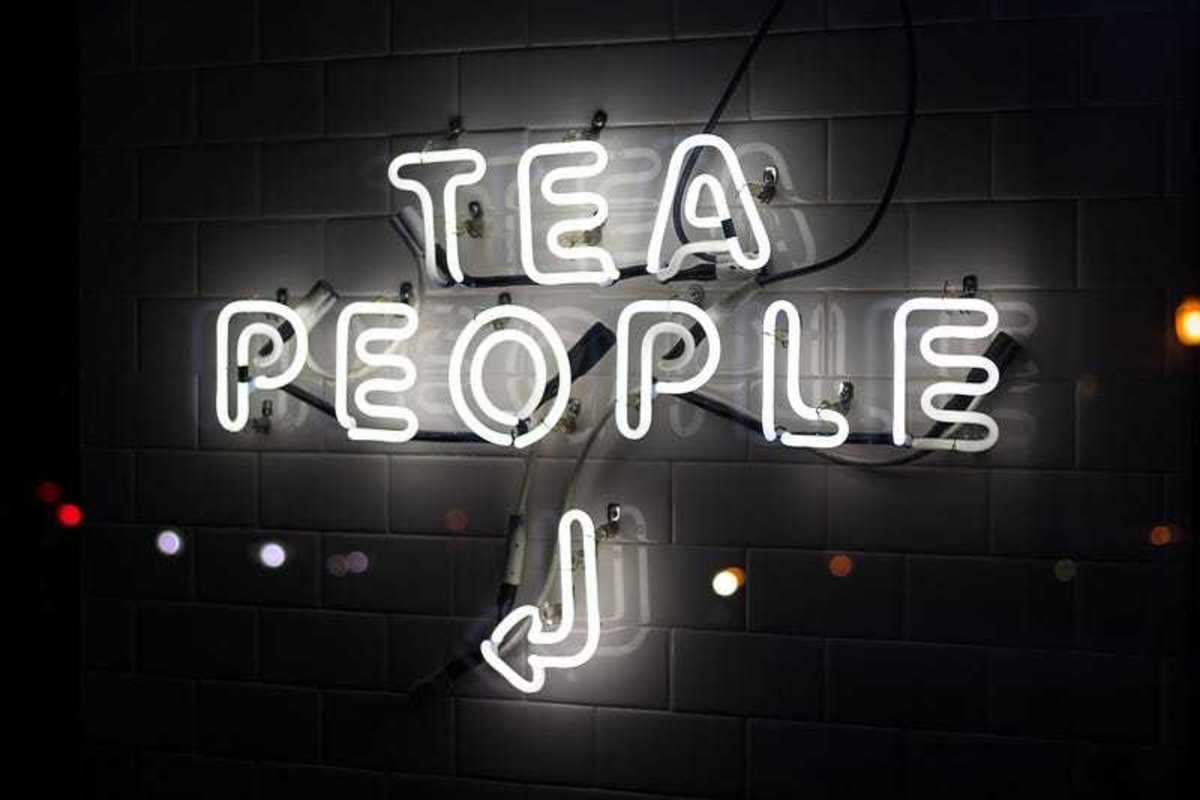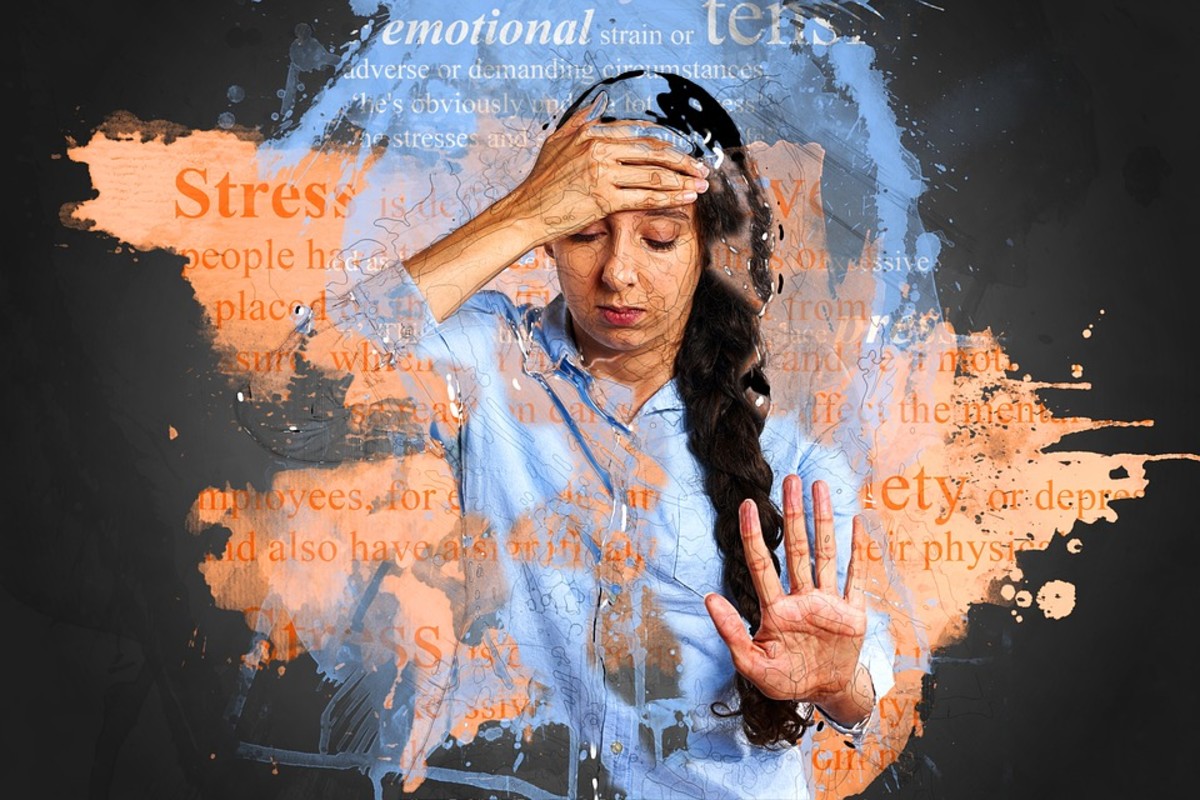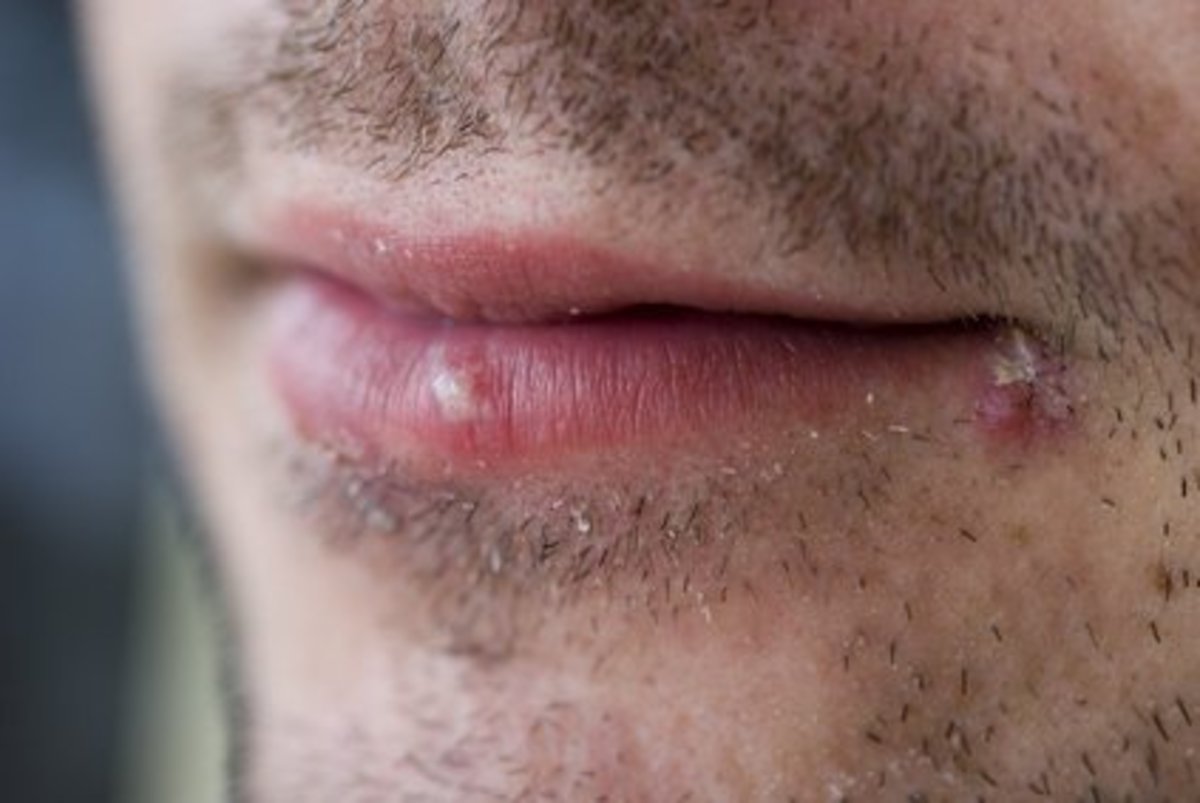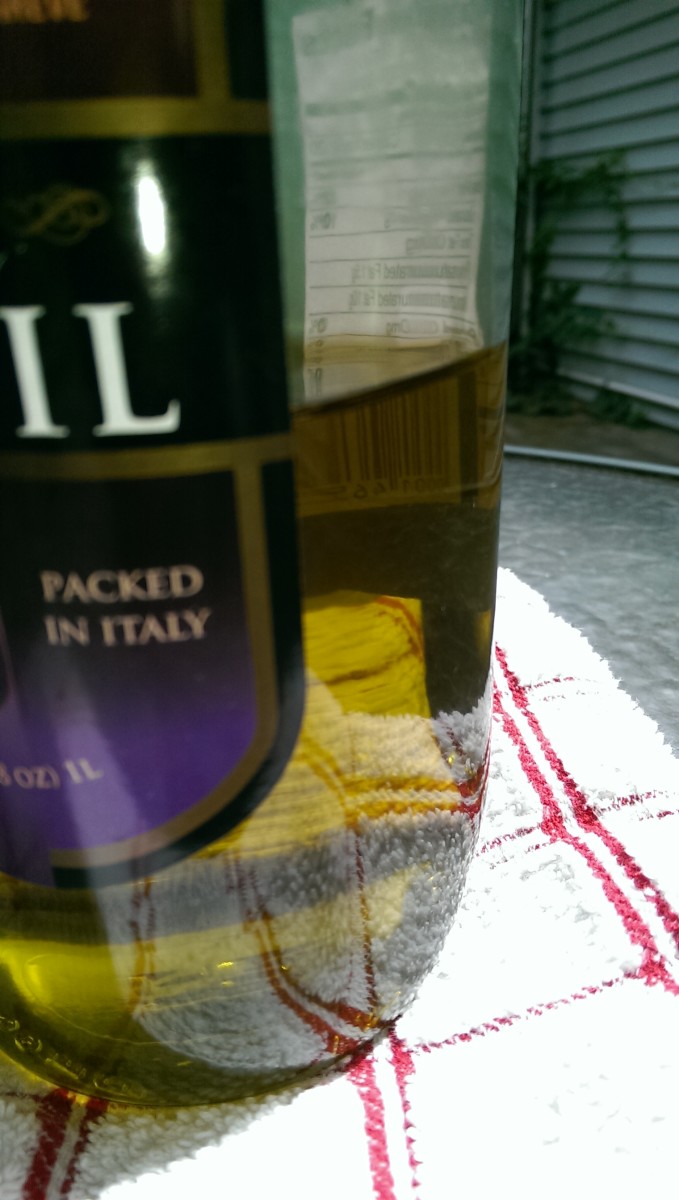How to Relieve Stress and Anxiety; Get Natural Sleep With Herbs: Health Benefits of Lemon Balm and Valerian 2 of 2
Valeriana Officinalis

Centranthus ruber also known as Red Valerian and often confused With Valerian Officinalis the Medicinal Herb
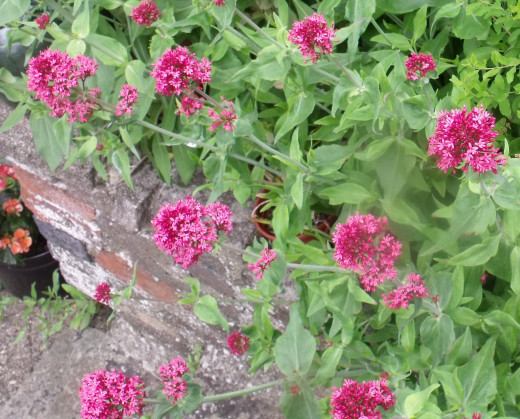
Valerian Root Have a Mild Sedative Effect
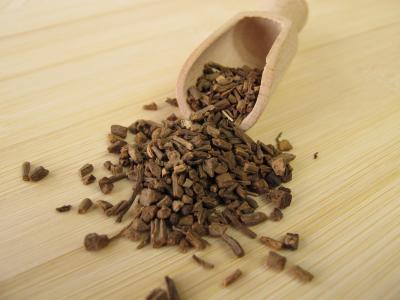
Valeriana Officinalis Essantial Oil
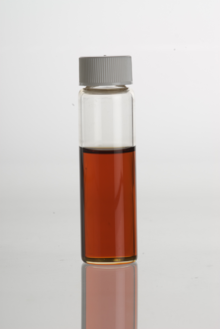
Health benefits of Valerian; A Brief history
"The farther backward you can look, the farther forward you are likely to see."
As the number of people turning to complementary or alternative therapies to relieve the symptoms of stress, anxiety and sleep disorders continues to rise, ancient herbs such as Valerian and lemon balm are once again in demand.
However, before taking herbal remedies it is prudent to consult your doctor/health care provider to be safe. Reliable research into the effectiveness and safety of herbs are few. However, that said, herbs have been used for centuries and are well documented.
The genus Valeriana consists of more than 200 plant species. However, valeriana Officinalis is the plant most commonly used in herbal medicine. The root of the plants has been used in the treatment of various conditions from anxiety and stress to epilepsy, but the herb is more widely used to treat people suffering from sleep disorders like insomnia. Studies have shown that a combination of lemon balm and valerian may help to improve stress and mild anxiety.
The name Valerian comes from the Latin verb Valere meaning ' to be strong, healthy.' Valeriana Officinalis is a member of the Valerianaceae family, a perennial plant also popularly known as all heal, and the old name setwell, setweell or setwall used by Chaucer to describe a character, 'sweete as any Setwall. The herbalist Culpeper recommends valerian for many conditions including croup, headache even the plague, he wrote, 'It is under the influence of Mercury and therefore has a warming facility.' Greek physician Galen recommended valerian as a medicine for insomnia far back as the second century AD. London medical writer and herbalist John Pechey wrote of valerian ' it purges upwards and downwards.'
Italian nobleman Fabio Colonna (1567-1650) published his findings after claiming to have cured his epilepsy by using valerian. The plant later gained a reputation as a treatment for nervous disorders.
In 19th century Britain, valerian was used in the treatment of epilepsy, hysterics, chronic headaches and general nervous conditions. Recent studies confirmed that valerian does have a sedative effect on the central nervous system and can be effective in the treatment of sleep disorders such as insomnia. Valerian is a popular alternative to commonly prescribed hypnotic drugs, some studies found Valerian to be gentle, safe and effective, while others found it ineffective.
While Valerian may have fewer side effects when compared to many prescription sleep medication, The herb can interact with some medications including psychiatric drugs. Consult your doctor before taking any herbal preparation, especially if you are already taking medications, your doctor is ideally placed to advise you about potential drugs interaction. Valerian is not recommended for pregnant women, nursing mothers or people with cataract condition. Allergic reaction has been reported by some people who took valerian.
During the second world war, valerian was the sedative of choice for Londoners requiring a little help to calm shattered nerves as German bombs rained down on the city, sending civilians underground into air raid shelters.
According to the English Herbalist Nicholas Culpeper, a tisane made from the roots of the herb will work with the speed of mercury on the body's whole nervous system. Culpeper also wrote that the root of valerian can be used to treat certain chesty problems "the root of Valerian boiled with liquorice, raisins, and anniseed, is singularly good for those that are short-winded and those that are troubled with the cough and helps to open the passages and to expectorate phlegm easily."
A more colourful use for Valerian was as an antagonist to witches. All the different varieties of valerian were once used as remedies. When the plant's root is chopped, it can be made into tea or extract shown to have a mild sedative effect. Research shows that Valerian reduces the length of time it takes to fall into a deep sleep.
The most positive study of Valerian for insomnia involved 121 individuals who were followed for 28 days. Half of the participants took 600 mg of an alcohol-based valerian extract one hour before bedtime, the other half took a placebo.
The valerian extract showed no real effect for the first two weeks, running level with the placebo. However, by day 28, valerian had pulled far ahead of the placebo, its effectiveness was rated by participants evaluation as good or very good in 66%, by the valerian group and 61% by doctor evaluation. In the placebo group, both doctors and participants evaluation were rated at 29%. While this result was positive, it gave rise to even more questions.
Another large study found that valerian was immediately more effective than the placebo, in line with what was expected in keeping with how the herb is typically used.
A small study found that a combination of valerian extract and hops proved to be more effective as a sleep aid than placebo, the result of the trial also indicated that the combination of hops and valerian proved to be more effective than valerian alone.
Growing your own valerian; Keep Seedlings Indoors Until They Begin to Sprout Second larger set of Leaves.
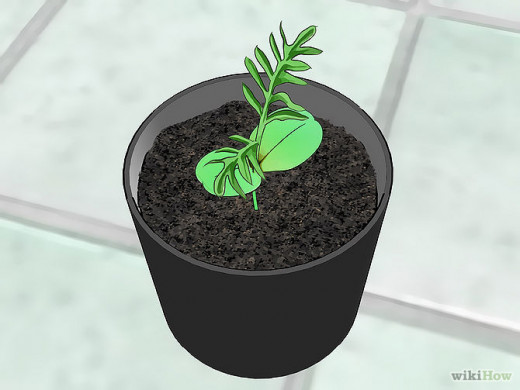
How to Cultivating Valerian from Seed
For my Friend Ruby aka. alwaysexploring, an excellent poet and writer of short stories who inquired about growing valerian indoors. Ruby, I hope this helps.
To cultivate valerian from seeds, sow the seeds sparingly in late spring. Press them gently into the soil, but not too deep. The seeds should be placed sufficiently close to the surface of the soil to obtain maximum warmth, to assist germination. Although Valerian is considered a hardy plant, the seeds can be difficult to germinate, so allow for a 50% success rate.
- Buy fresh seeds that are less than a year old. Plant into trays or pots containing a rich feed starter mix about six to eight weeks before you need to plant the seedlings out in the garden.
- Fluorescent or grow light can aid germination
- Valerian requires little fertilizing, unless the soil is poor. Soil PH should be between 5.5 and 7.0. The plant will do well in a position where it can enjoy at least 6 hours of direct sunlight per day and some afternoon shade.
- Sprinkle warm water into the mix and place the tray or pot in a sunny position
- I've found that covering the seed tray with cloches or plastic wrap helps to retain moisture and aids germination rate by acting like a miniature greenhouse.
- Loosen the plastic wrap when the seedlings start to emerge from the soil, when they're about 1 to 2 inches tall, remove the wrap and re-pot the healthiest plants into 3 or 4 inch containers and move into a sunny spot, or use the grow light.
- Keep seedlings indoors until they have developed and the second larger set of leaves have sprouted.
- As the plants continue to grow, repot into containers one size larger than the current ones, ensure that there is good drainage. Do not allow the bottom of the pot to stand in water.
- For garden plants, transplant the young plants to their permanent growing position, after the last frost. This should be a sunny but damp, and as with all herbs, well drained position.
- Valerian responds well to growing in containers, but the draining and moisture of the soil need to be maintained.
- When valerian is grown purely for its rhizome, the flowers should be nipped as they appear. rhizomes should be harvested in the autumn of the second year.
The leaves and roots of the valerian plant are well known for their strong musty odor, that some people finds unpleasant. This maybe something to consider when choosing a permanent position to plant out.
How to Relieve Your Anxiety With Herbal Supplements
Do You Use Herbs to Relieve Stress and Promote Sleep?
If so, Which if any of the following herbs do you find most effective?
How to Relieve Stress and Mild Anxiety
Anxiety and stress go hand in hand; the cause may be embedded in work or more personal, such as ill health, family, relationship or financial. However, before the condition can be treated, the cause must first be identified.
Once the primary cause of the problem is known, the appropriate solution may be found. There are many ways of dealing with mild stress and anxiety, doing nothing is not an option, ignoring the problem will only exacerbate the condition. Good friends and supportive family can be invaluable.
Taking control of the situation and building emotional strength is the key to managing stress and anxiety. While conventional medication may be necessary to manage stress and anxiety, there are natural remedies that may help in mild cases, ways to relieve mild stress, and anxiety includes:
-
Physical exercise, Exercise is good for body and mind. It is an extremely powerful antidote to depression, stress, and anxiety. Regular exercise can help to improve self-esteem, it can help to focus the brain to better identify the underlying cause of the problem and enable the individual to deal with the condition more effectively. Exercise can help emotionally and physically. While being active will not solve the root problem of stress and anxiety, physical exercise can contribute to the reduction of anxiety. Studies suggest that when individuals who are anxious, use the treadmill they feel calmer after a good workout. Exercise will facilitate clearer thinking to deal with the condition.
-
Connect with people, a good support network of friends, colleagues, and family can be vital. Talking things through can often help to clarify the situation and find a solution to the problem. Laughing and socializing is an excellent way to release feel-good hormones that can provide the boost needed to take back control.
-
Take time out
-
Set Goals
-
Choose Healthy Habits
-
Manage Time
-
Adopt a Positive Attitude
-
Learn to Accept the Things You Can't Change
Herbal Options Includes:
- Kava, several clinical trials suggests that kavalactones may be useful in managing anxiety and tension. It is known for having sedative, anxiolytic and muscle relaxant properties, without adversely affecting cognitive function and mental acuity.
- Valerian/Passionflower, combined, these two herbs have shown in the randomized controlled trial to be beneficial to patients who are experiencing adjustment disorders and anxious mood.
- Green tea, (L-theanine) help to reduce anxiety without inducing sleep. According to research findings, L-theanine in green tea can help to curb rising heart rate and blood pressure. A study also found that individuals prone to anxiety appeared calmer and more focused during a test when they took 200mg of L-theanine before the test.
- Hops, used extensively in brewing for its antibacterial properties, also a sedative to aid sleep, sometimes used in conjunction with valerian. Not to be taken with prescription medications such as sedatives and tranquilizers. Consult your doctor before taking herbal remedies.
- Passionflower, the German government, have approved the use of passionflower in cases of nervous restlessness. Studies have found that passionflower can reduce symptoms of anxiety as effectively as prescription drugs. Also used for insomnia.
-
Lavender A study found that Greek dental patients were less anxious when the waiting room was scented with lavender oil. A German study of a specially formulated lavender pill concluded that the pill was able to reduce anxiety symptoms in individuals with generalized anxiety disorder as efficiently as the anti-anxiety drug, Lorazepam (Ativan).
-
Eat a Healthy Well-Balanced Diet, a good whole-foods plant based diet, with complex carbs, encourages the brain to produce more feel-good serotonin and help to stabilize and maintain glucose levels.
-
Eat Breakfast, foods such as oatmeal porridge, wholemeal bread, and eggs make a satisfying and filling start to the day. Diet high in fibre and choline¹ may help to reduce anxiety. Low levels of choline are associated with increased anxiety.
-
Omega-3 fatty acids research study shows that students who took 2.5 milligrams per day of mixed omega-3 fatty acids for 12 weeks had less anxiety before an exam than those who received a placebo.
¹ Choline is a water-soluble essential nutrient that is usually grouped within the B-complex vitamins. It is one of the newest nutrients to be added to the list of human vitamins by the National Academy of Science (NAS) in 1998.
This is 2 of 2 articles on the benefits of lemon balm and valerian, If you found this hub useful, you will want to read article 1 for the whole picture.
More Hubs On Maintaining Health and the Benefits of Herbal Remedies By Tobusiness
- Improve Your Memory With Herbs: The Health Benefits of Rosemary
- How A Tomato Pill Can Improve Blood Vessel Function To Reduce The Number Of Death Globally
- Tips For Improving Memory; Improve Memory and Concentration With Natural Nootropics
- The Nutritional and Health Benefits of Tropical Fruits; Tamarind and Papaya
- Techniques For Improving Memory
- Antibiotics Resistance, A Global Crisis In The Making
- Seasonal Flu Jab, Protect Yourself With Flu Vaccine Every Year.
- Staying Healthy, Choose the Healthiest Fish to Add to Your Diet
- Aluminium and Alzheimer's
- Coconut health benefits: Is Coconut Another Celebrity health Fad, or nutritional Super Food
- Health Benefits of Sweet Potatoes and Yams



